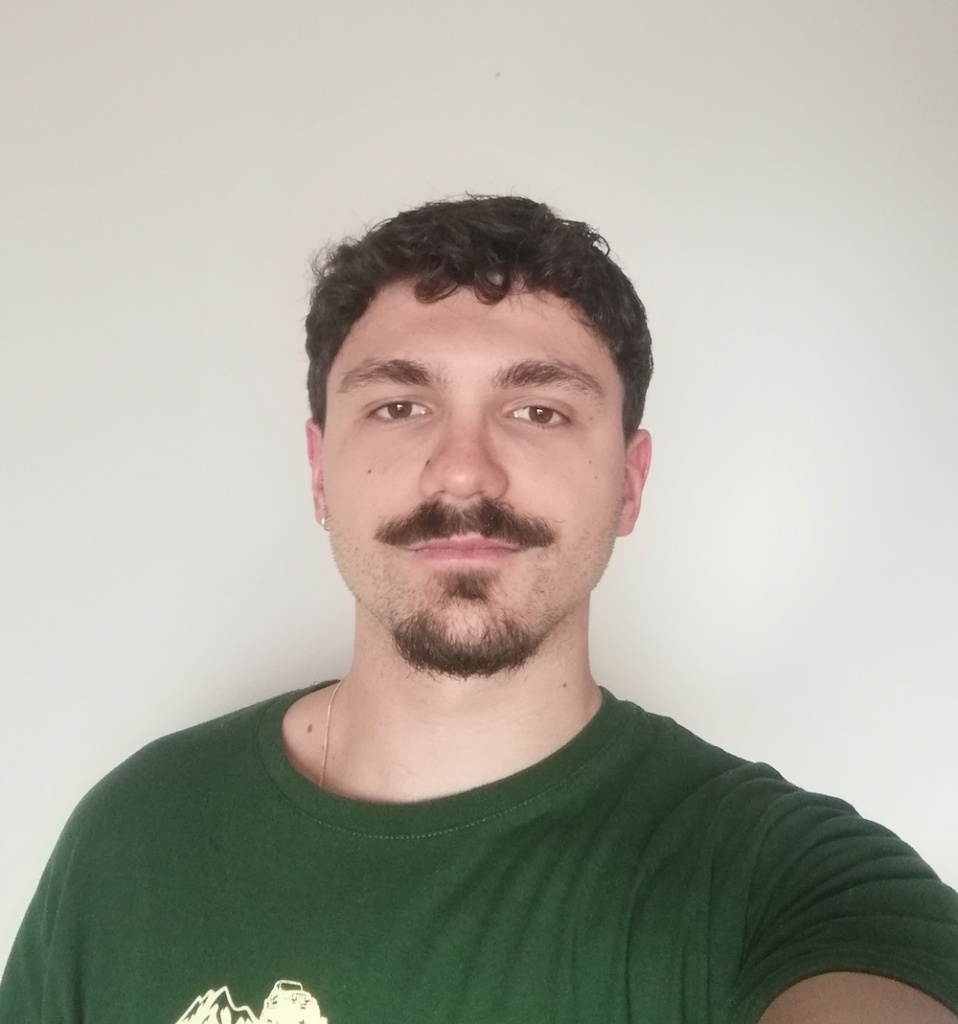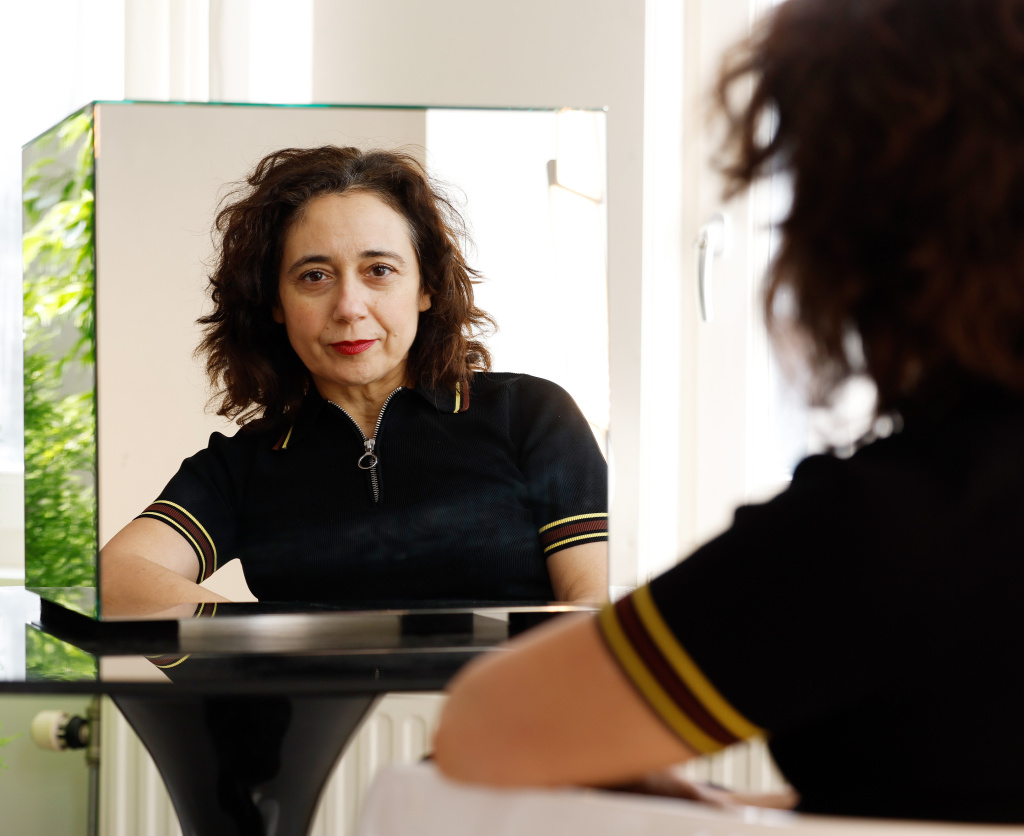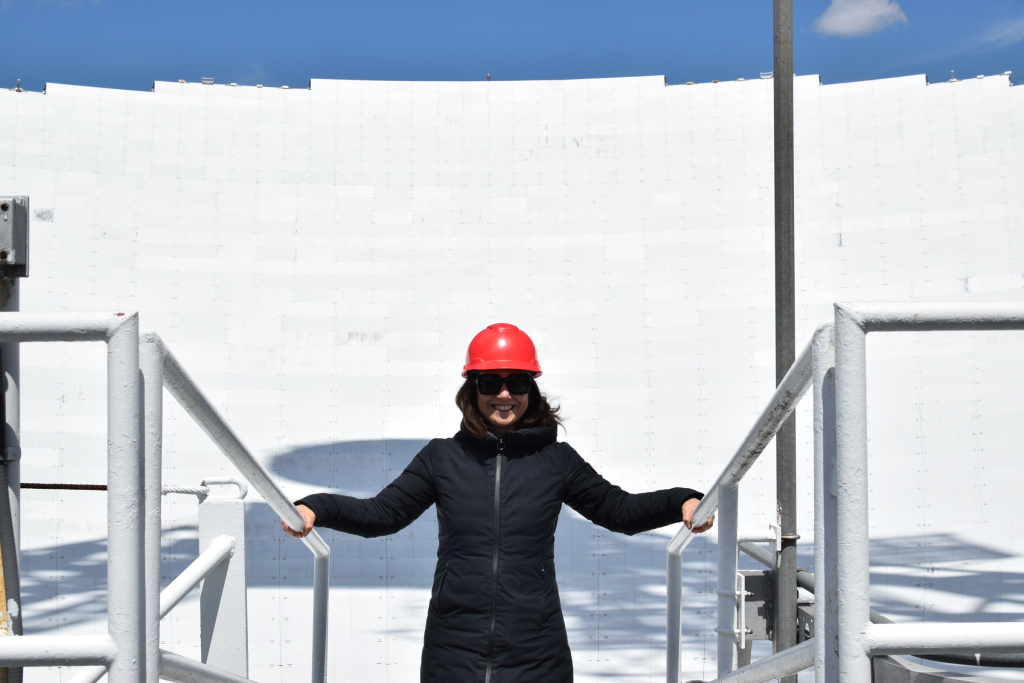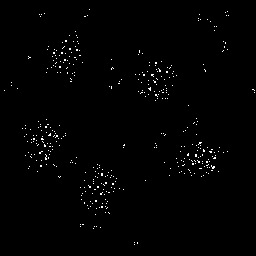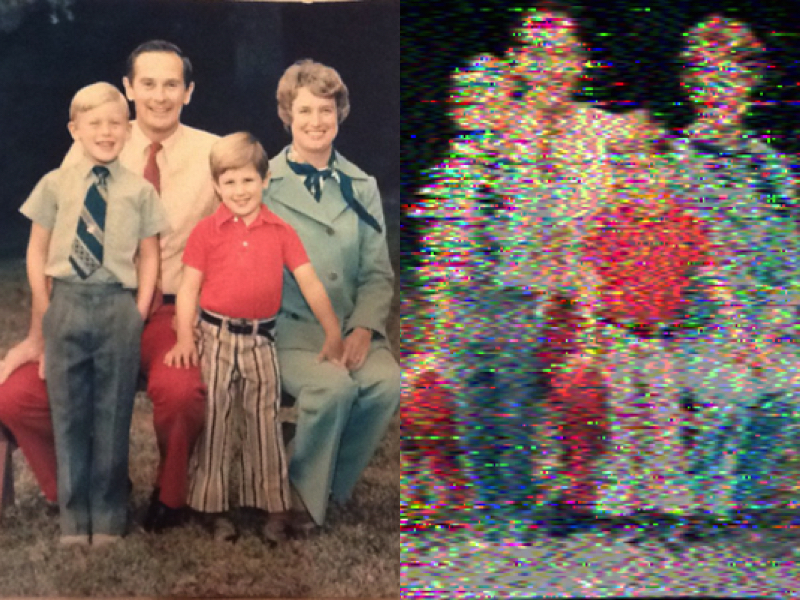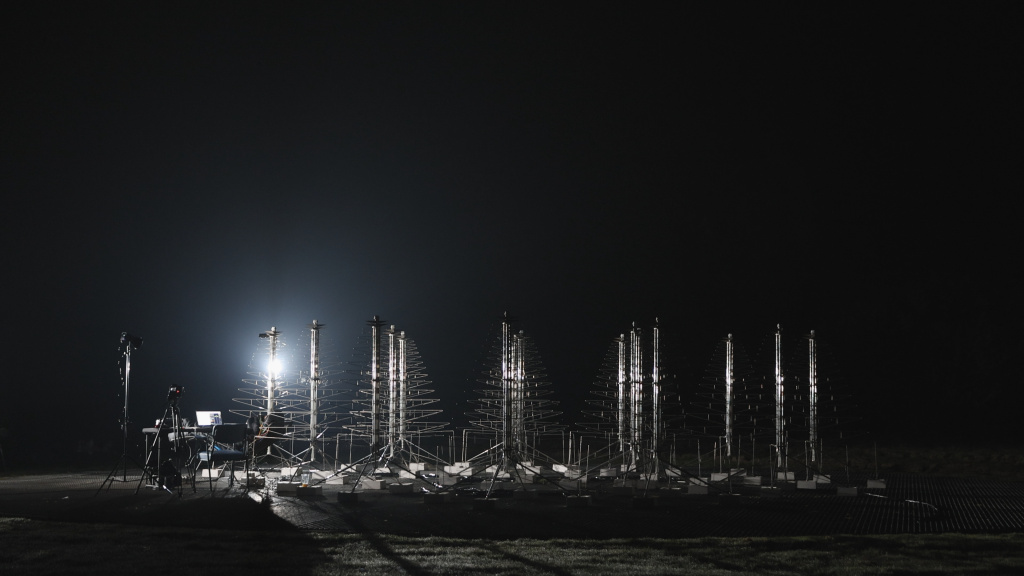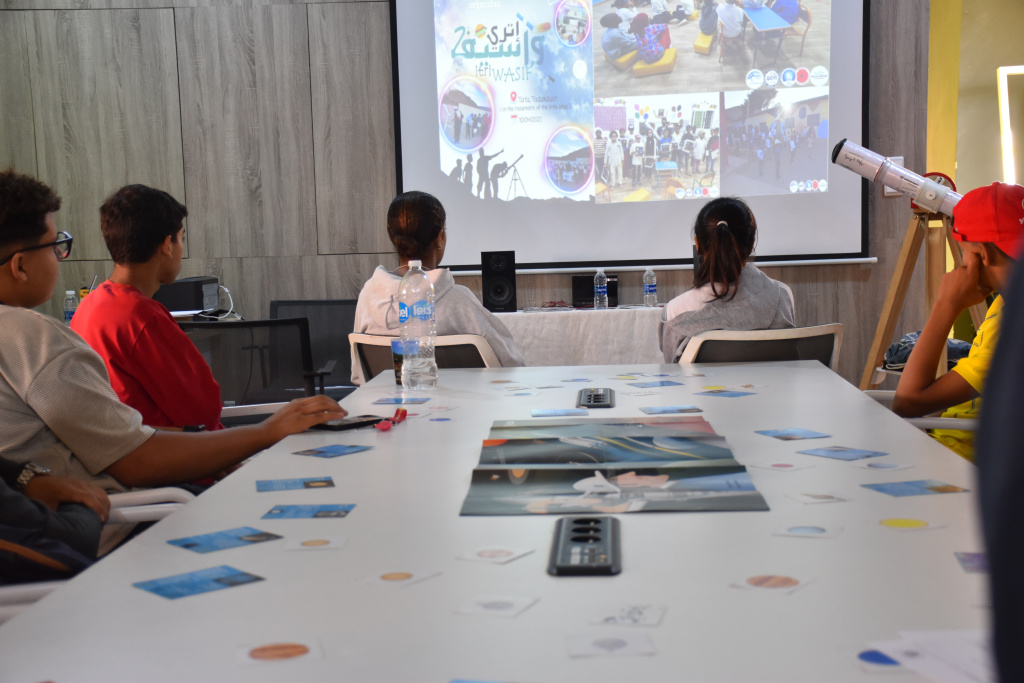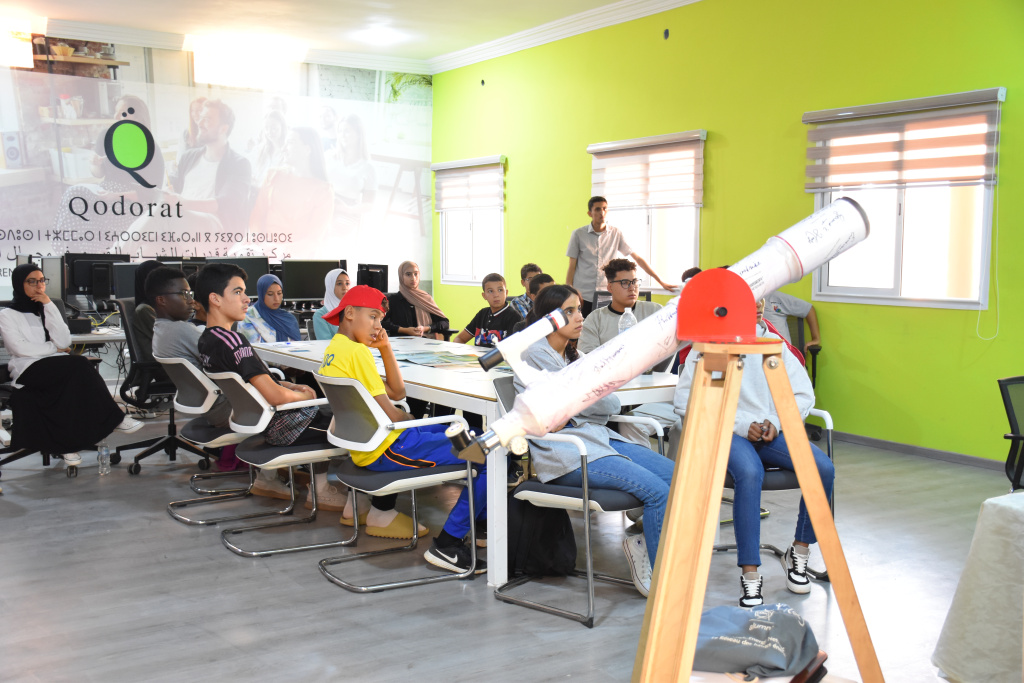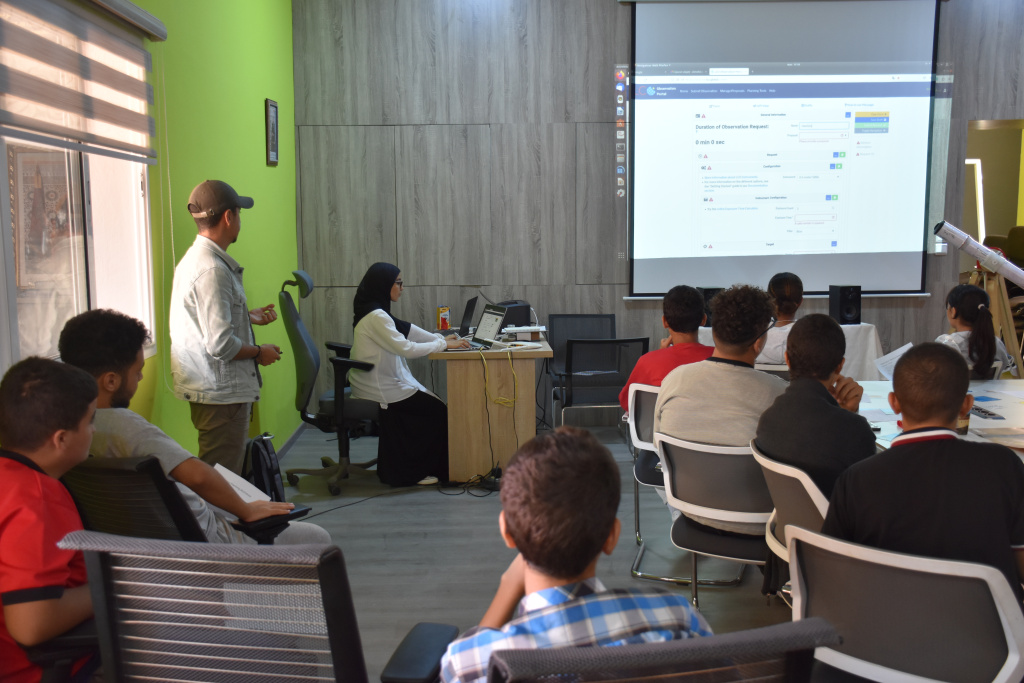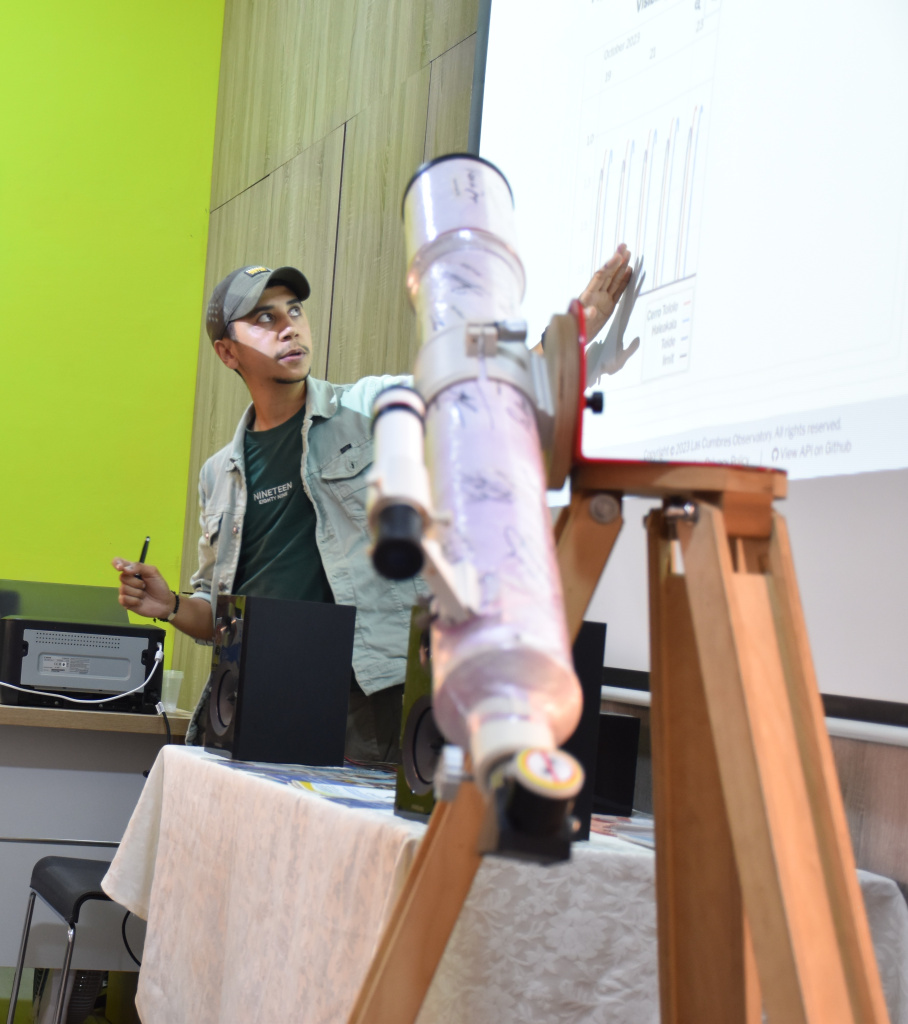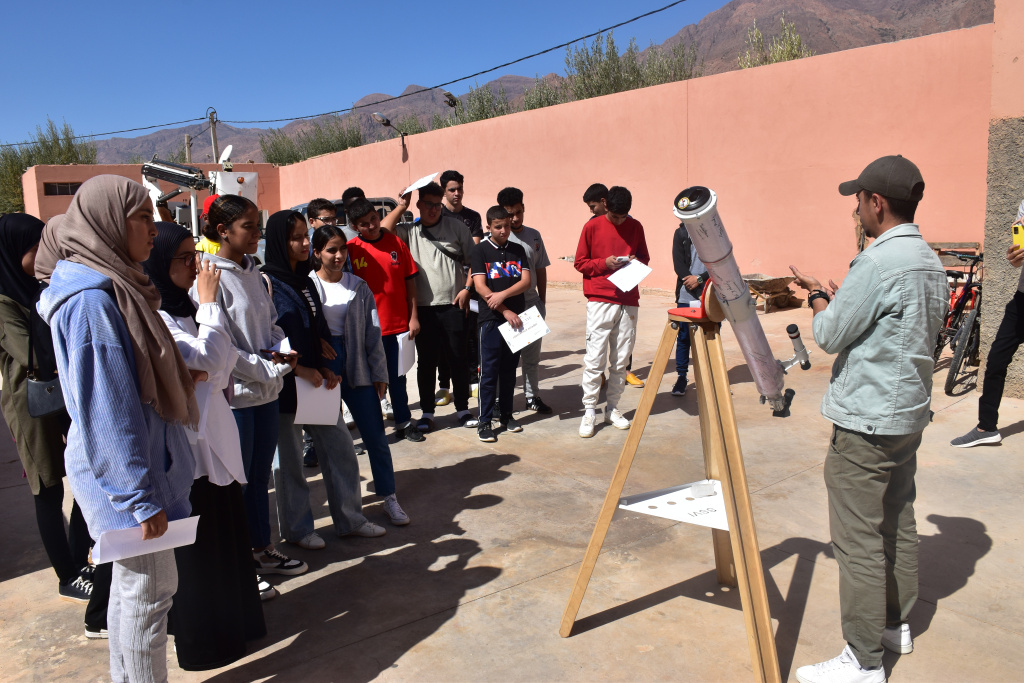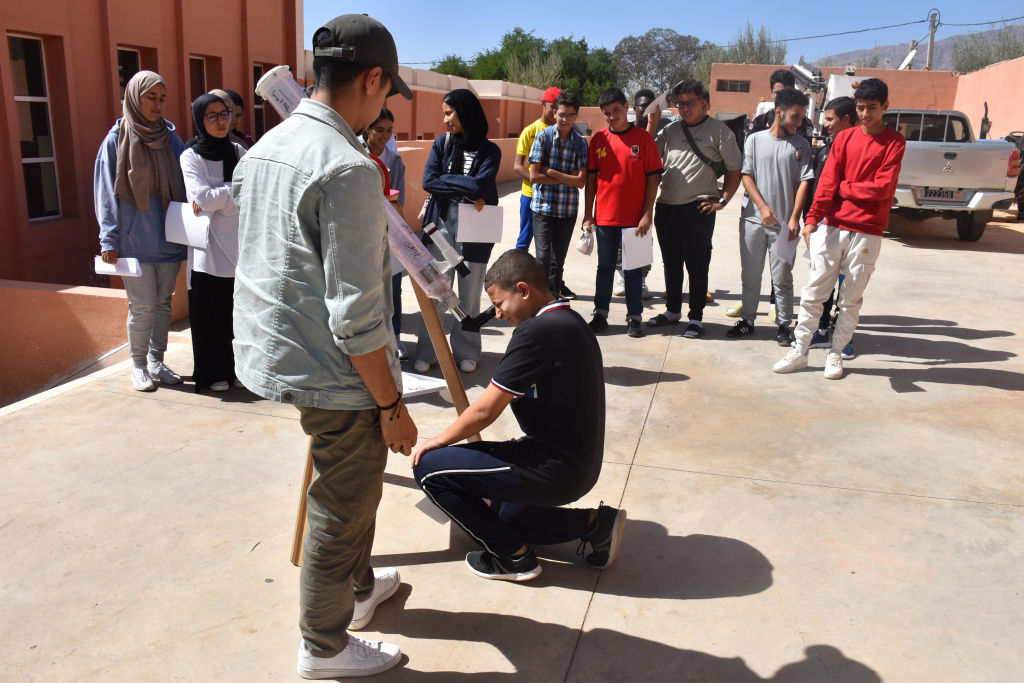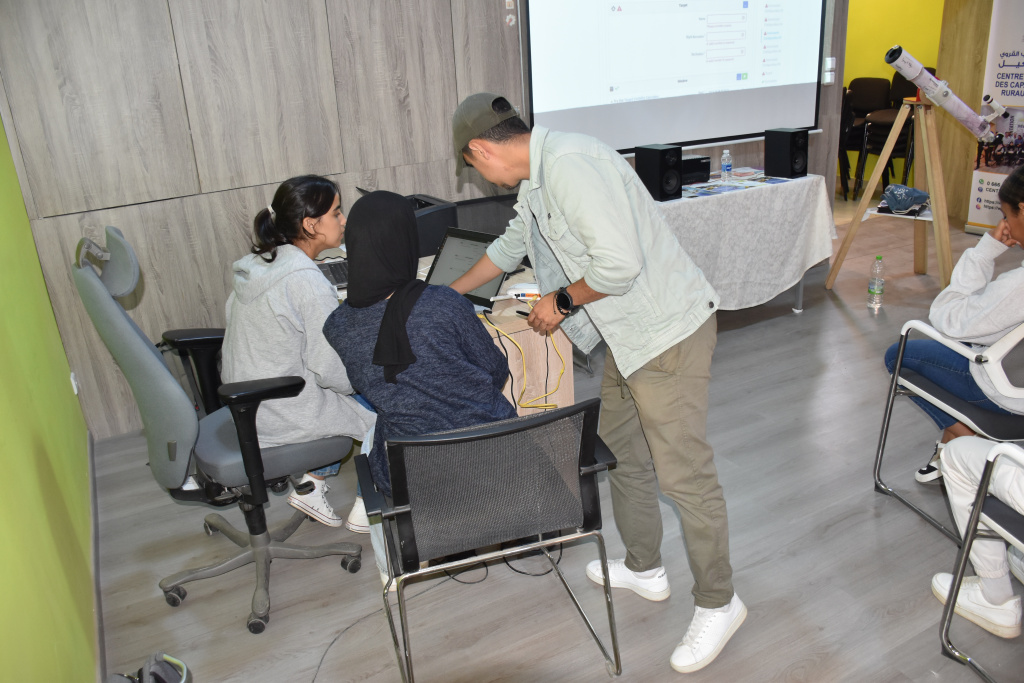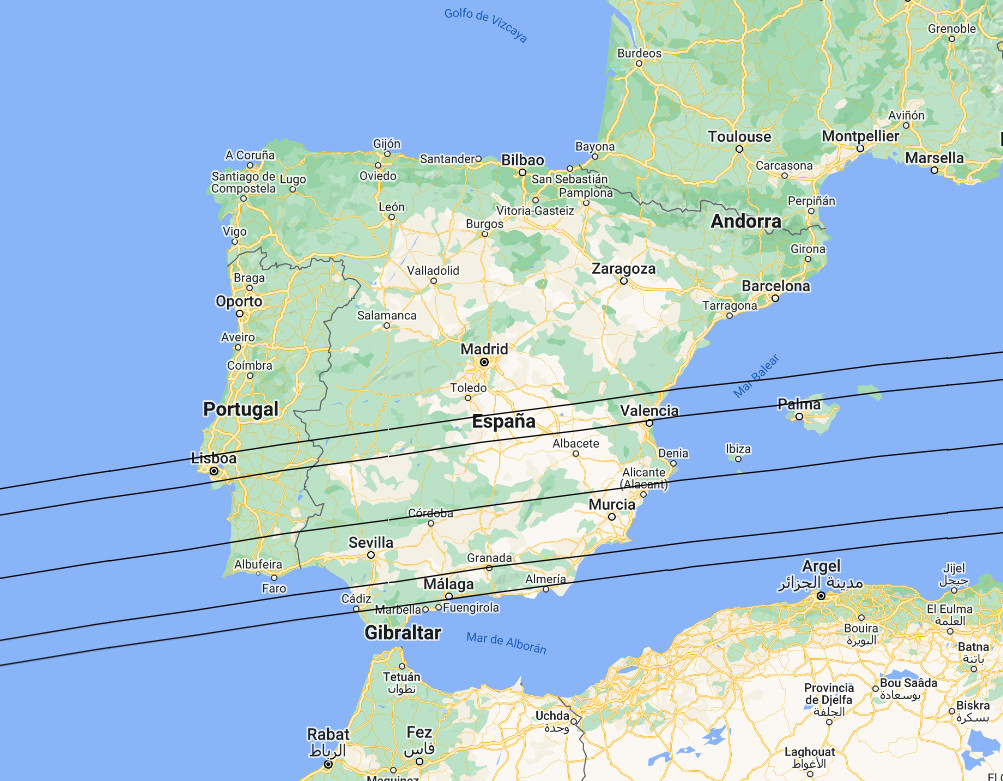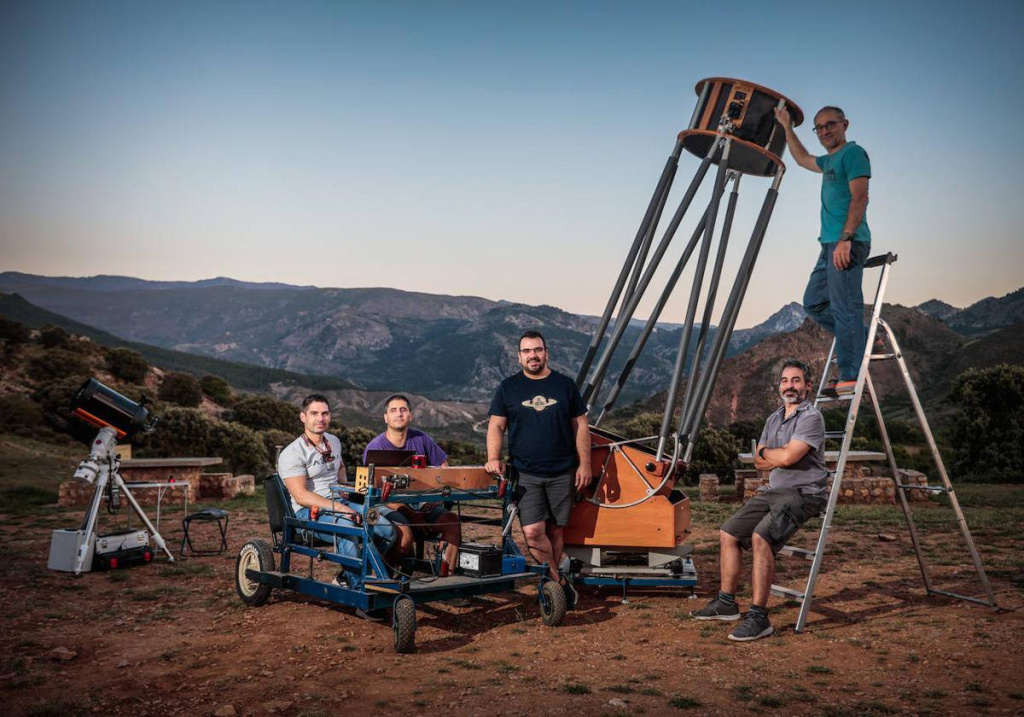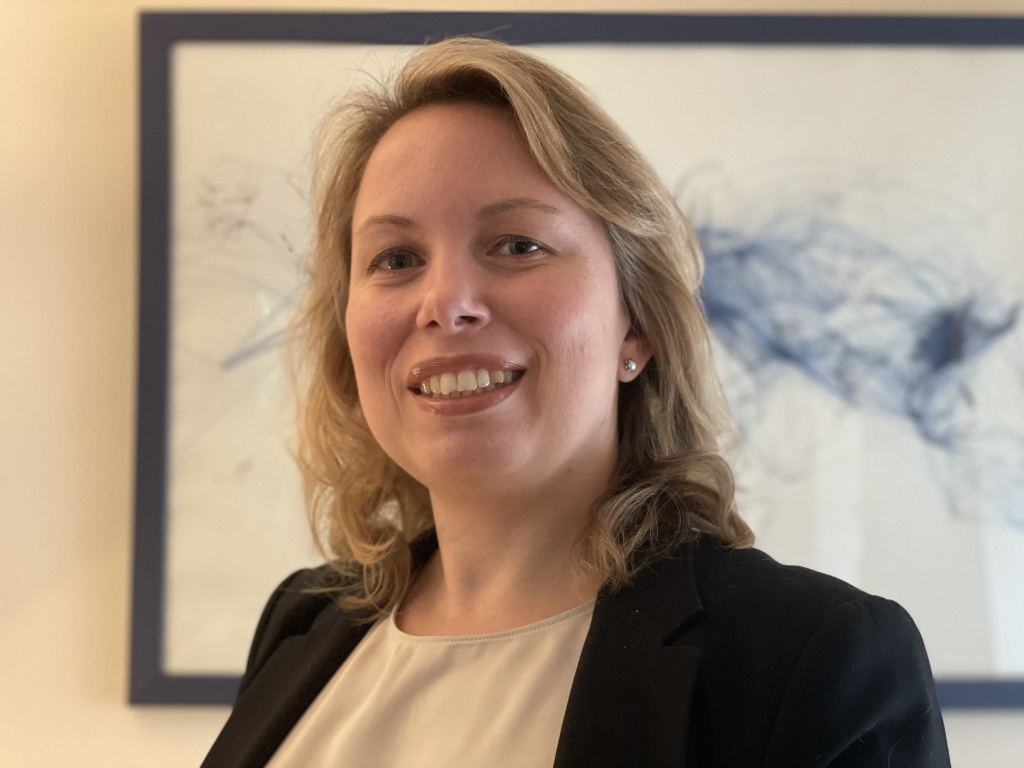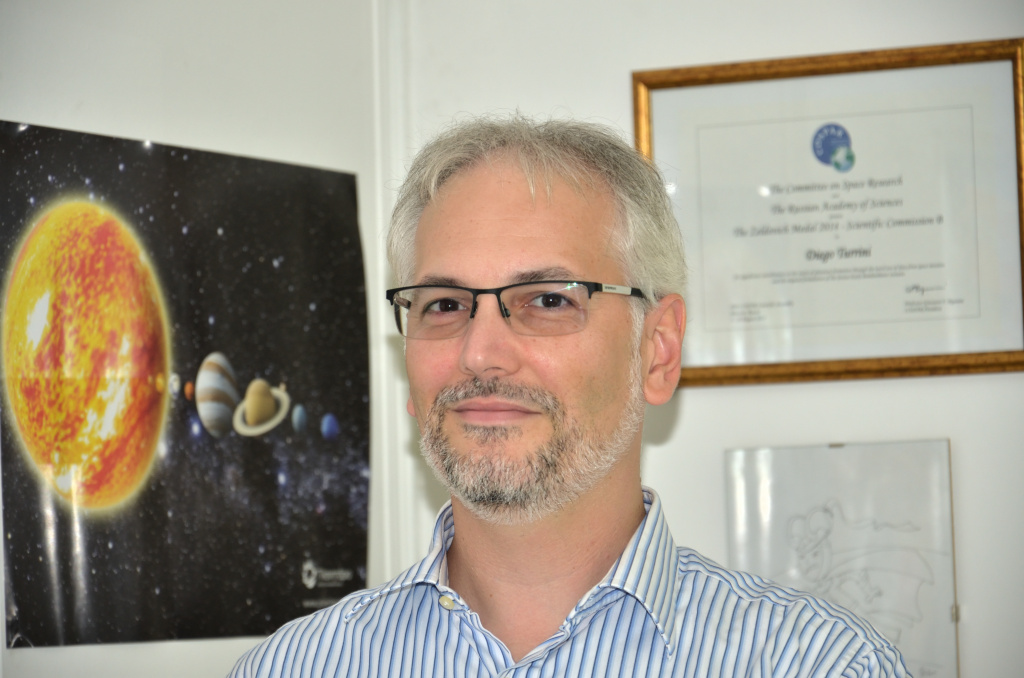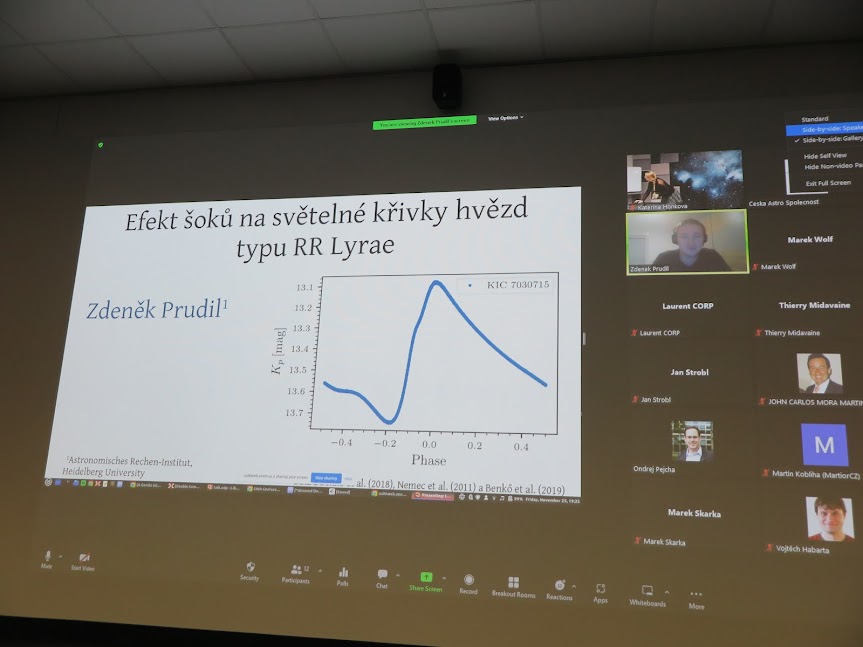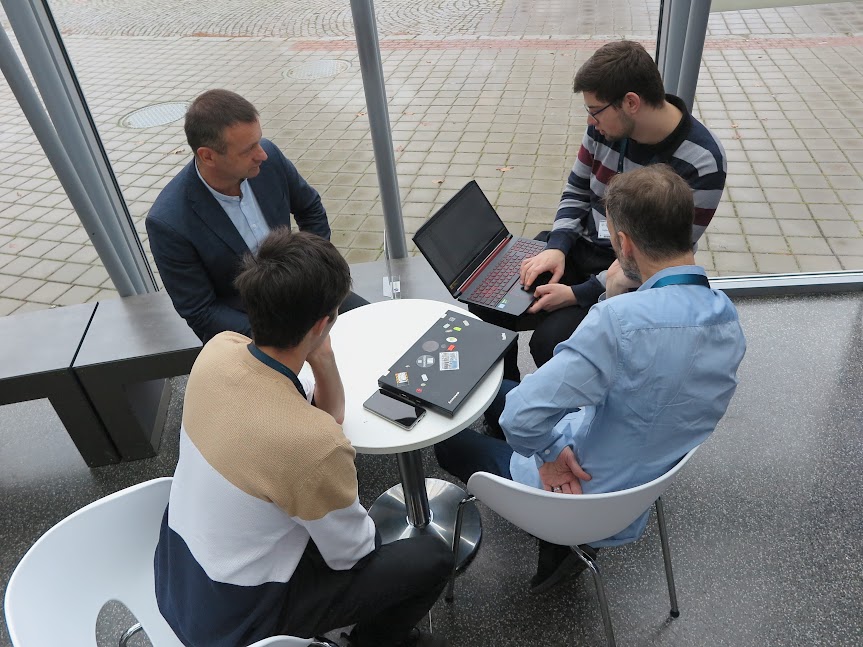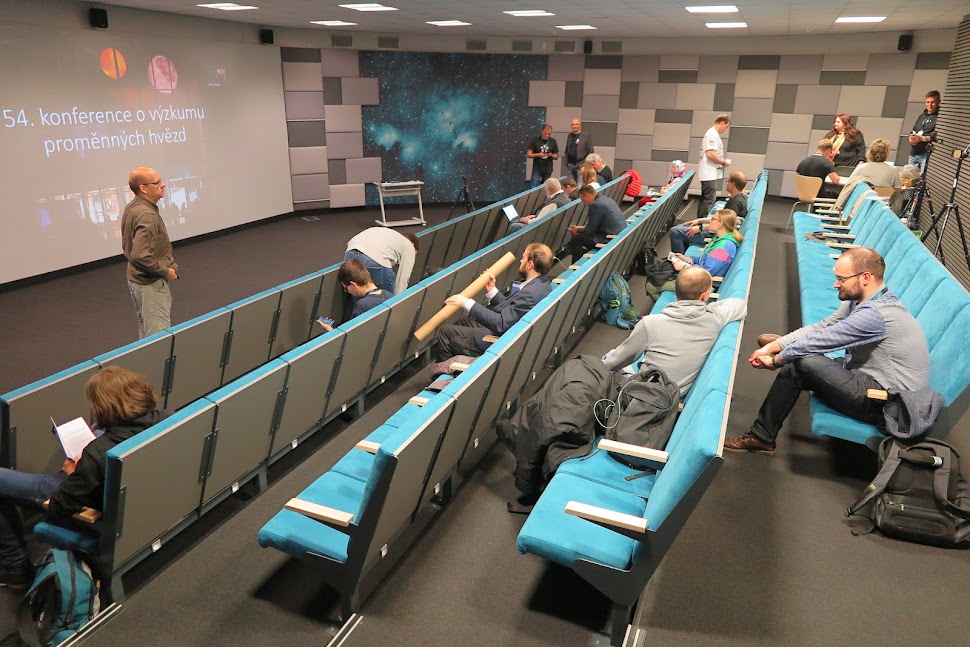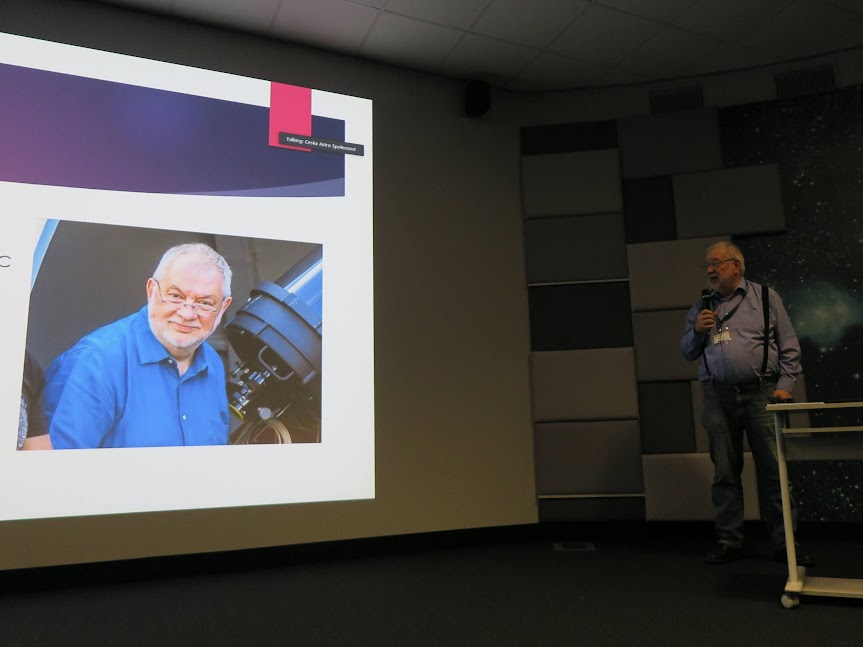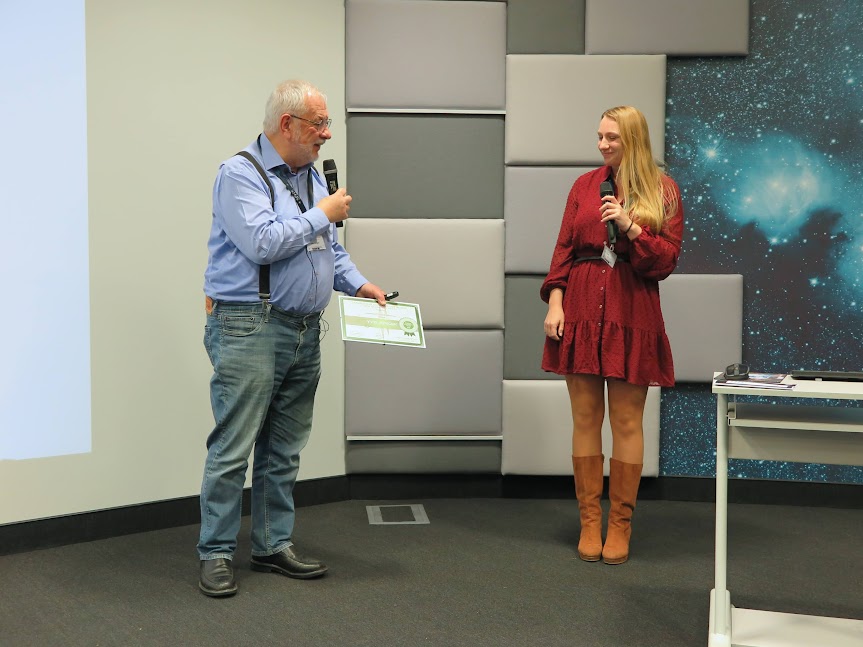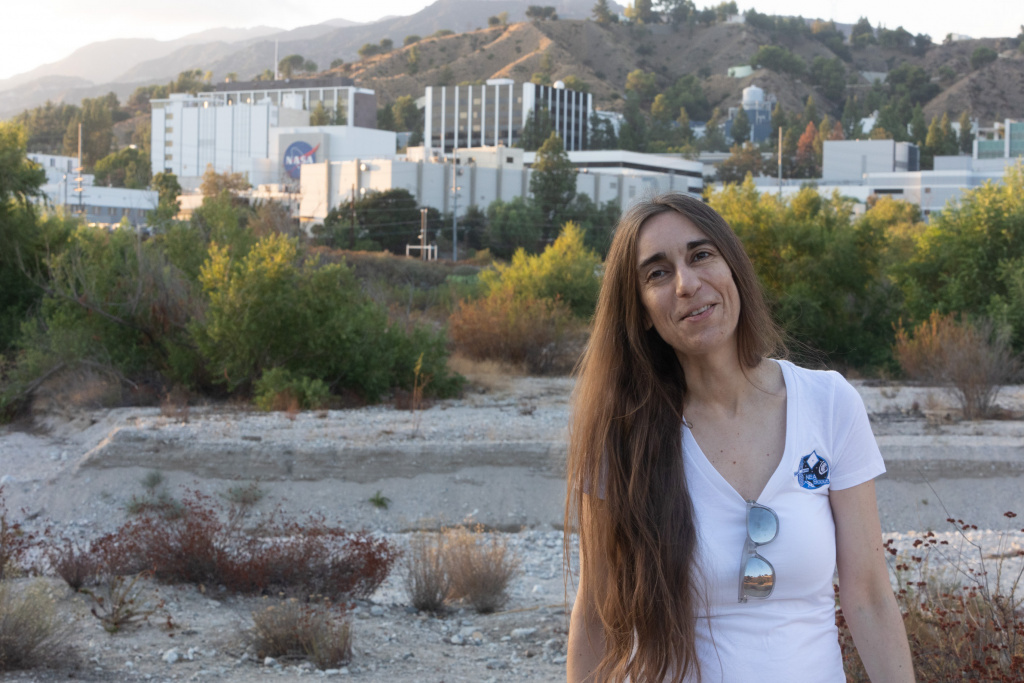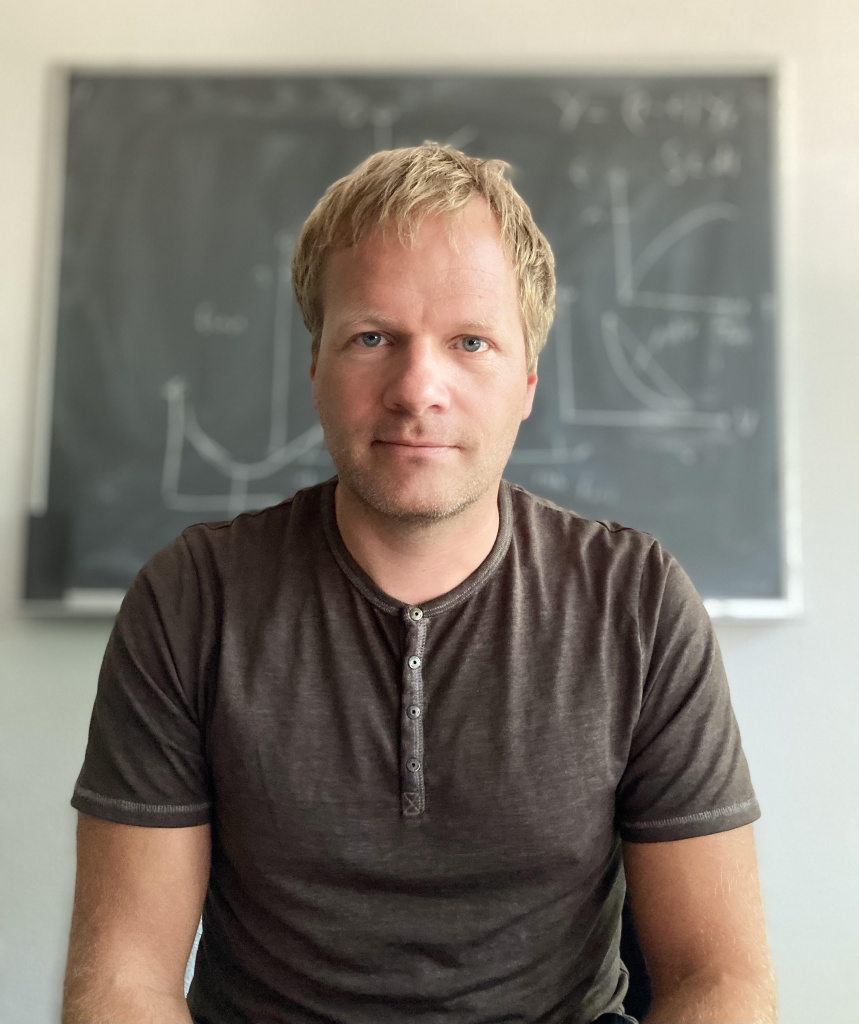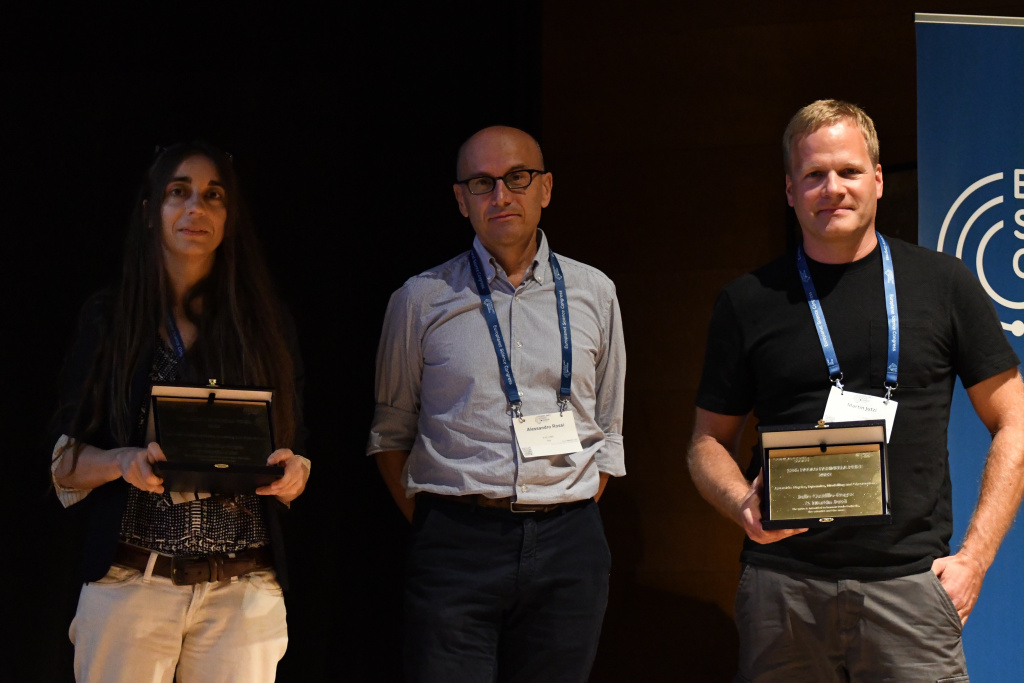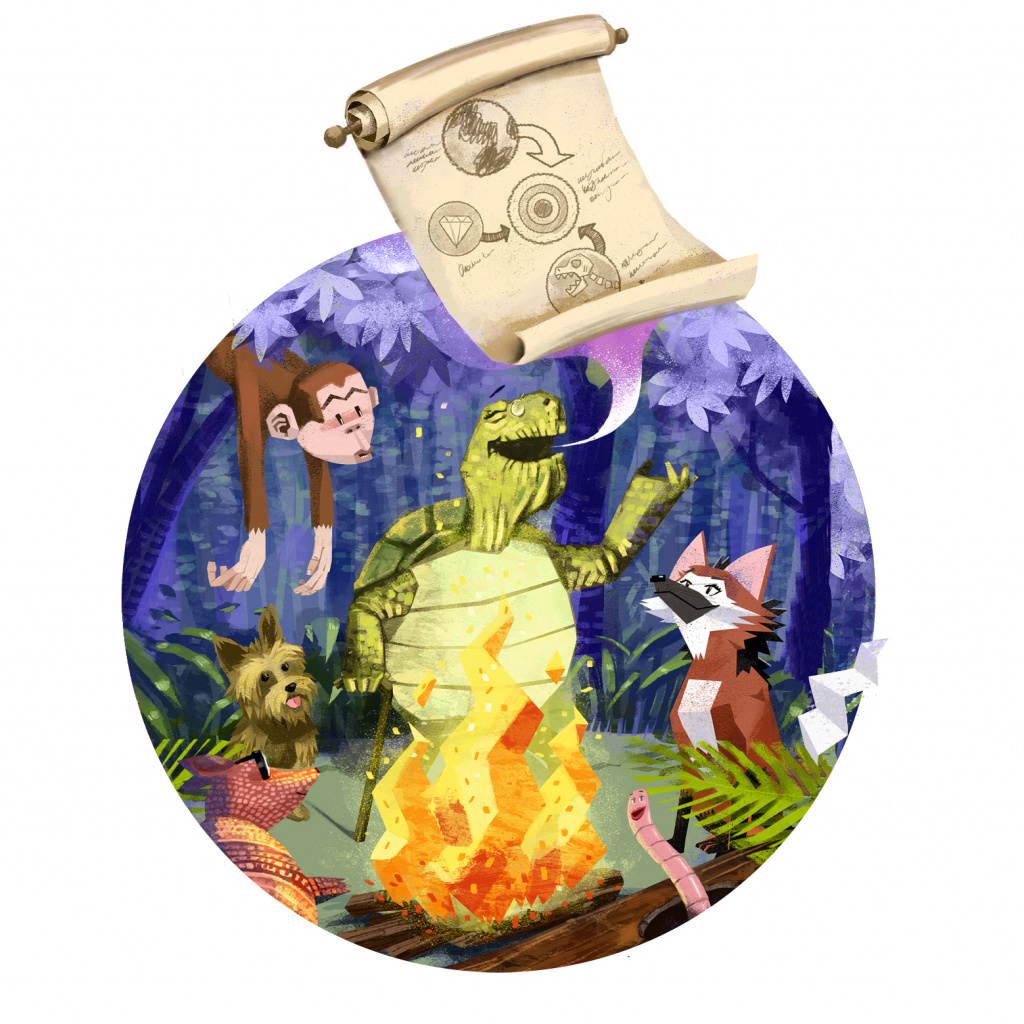Calling AI experts! Join the hunt for exoplanets – Ariel Data Challenge 2023
Artificial Intelligence (AI) experts have been challenged to help a new space mission to investigate Earth’s place in the universe.
The Ariel Data Challenge 2023, which launches on 14 April, is inviting AI and machine learning experts from industry and academia to help astronomers understand planets outside our solar system, known as exoplanets.
Dr Ingo Waldmann, Associate Professor in Astrophysics, UCL (University College London) and Ariel Data Challenge lead said:
“AI has revolutionised many fields of science and industry in the past years. The field of exoplanets has fully arrived in the era of big-data and cutting edge AI is needed to break some of our biggest bottlenecks holding us back.”
Understanding our place in the universe
For centuries, astronomers could only glimpse the planets in our solar system but in recent years, thanks to telescopes in space, they have discovered more than 5000 planets orbiting other stars in our galaxy.
The European Space Agency’s Ariel telescope will complete one of the largest-ever surveys of these planets by observing the atmospheres of around one-fifth of the known exoplanets.
Due to the large number of planets in this survey, and the expected complexity of the captured observations, Ariel mission scientists are calling for the help of the AI and machine learning community to help interpret the data.
Ariel Data Challenge
Ariel will study the light from each exoplanet’s host star after it has travelled through the planet’s atmosphere in what is known as a spectrum. The information from these spectra can help scientists investigate the chemical makeup of the planet’s atmosphere and discover more about these planets and how they formed.
Scientists involved in the Ariel mission need a new method to interpret these data. Advanced machine learning techniques could help them to understand the impact of different atmospheric phenomena on the observed spectrum.
The Ariel Data Challenge calls on the AI community to investigate solutions. The competition is open from 14 April to 18 June 2023.
Participants are free to use any model, algorithm, data pre-processing technique or other tools to provide a solution. They may submit as many solutions as they like and collaborations between teams are welcomed.
This year, the competition also offers participants access to High Powered Computing resources through DiRAC, part of the UK’s Science and Technology Facilities Council’s computing facilities.
Kai Hou (Gordon) Yip, Postdoctoral Research Fellow at UCL and Ariel Data Challenge Lead said:
“With the arrival of next-generation instrumentation, astronomers are struggling to keep up with the complexity and volume of incoming exo-planetary data. The ECML-PKDD data challenge 2023 provides an excellent platform to facilitate cross-disciplinary solutions with AI experts.”
The competition
Winners will be invited to present their solutions at the prestigious ECML conference. The top three winning teams will be receive sponsored tickets to ECML-PKDD in Turing or the cash equivalent.
Winners will also be invited to present their solutions to the Ariel consortium.
The UK Space Agency, Centre National d’Etudes Spatiales (CNES), European Research Council, UKRI Science and Technology Funding Council (STFC), European Space Agency and Europlanet Society support the competition.
For the first time, DiRAC is providing free access to GPU computing resources to selected participants. The application is open for all.
Previous competition
This is the fourth Ariel Machine Learning Data challenge following successful competitions in 2019, 2021 and 2022. The 2022 challenge welcomed 230 participating teams from across the world, including entrants from leading academic institutes and AI companies.
This challenge and its predecessor have taken a bite-sized aspect of a larger problem to help make exoplanet research more accessible to the machine-learning community. These challenges are not designed to solve the data analysis issues faced by the mission outright but provide a forum for new ideas, discussions and to encourage future collaborations.
More details about the competition and how to take part can be found on the Ariel Data Challenge website. Follow @ArielTelescope for more updates.
Videos:
Note: Please get in touch with press contact for mp4 files.
Ariel animations: https://www.youtube.com/playlist?list=PL7nlYuIpjicaxp36LxZwkXOH72Otf-rgY
Welcome to Ariel: https://youtu.be/28afJ_5TTGc
Contacts:
Rebecca Leigh Coates
Ariel Space Mission and UCL Centre for Space Exochemistry Data Communications (CSED) Media Officer
Mob: +44 (0) 7890162840
Email: r.l.coates@ucl.ac.uk
Notes to editors:
Ariel (Atmospheric Remote-sensing Infrared Exoplanet Large-survey)
Ariel, a mission to answer fundamental questions about how planetary systems form and evolve, is a European Space Agency (ESA) medium-class science mission due for launch in 2028. During a 4-year mission, Ariel will observe 1000 planets orbiting distant stars in visible and infrared wavelengths to study how they formed and how they evolve. It is the first mission dedicated to measuring the chemistry and thermal structures exoplanet atmospheres, enabling planetary science far beyond the boundaries of the Solar System.
The Ariel mission has been developed by a consortium of more than 50 institutes from 16ESA member state countries, including the UK, France, Italy, Poland, Belgium, Spain, the Netherlands, Austria, Denmark, Ireland, Czech Republic, Hungary, Portugal, Norway, Sweden, Estonia –plus USA contribution from NASA.
Twitter: @ArielTelescope | YouTube: Ariel Space Mission | www.arielmission.space
Ariel Machine Learning Data Challenge
https://www.ariel-datachallenge.space/
Ariel consortium
The Ariel mission payload is developed by a consortium of more than 50 institutes from 17 ESA countries – which include the UK, France, Italy, Poland, Belgium, Spain, the Netherlands, Austria, Denmark, Ireland, Czech Republic, Hungary, Portugal, Norway, Sweden, Germany, Estonia – plus a NASA contribution.
The Europlanet Society is collaborating with the Ariel Consortium on media and communications.
About UCL – London’s Global University
UCL is a diverse global community of world-class academics, students, industry links, external partners, and alumni. Our powerful collective of individuals and institutions work together to explore new possibilities.
Since 1826, we have championed independent thought by attracting and nurturing the world’s best minds. Our community of more than 43,800 students from 150 countries and over 14,300 staff pursues academic excellence, breaks boundaries and makes a positive impact on real world problems.
We are consistently ranked among the top 10 universities in the world and are one of only a handful of institutions rated as having the strongest academic reputation and the broadest research impact.
We have a progressive and integrated approach to our teaching and research – championing innovation, creativity and cross-disciplinary working. We teach our students how to think, not what to think, and see them as partners, collaborators and contributors.
For almost 200 years, we are proud to have opened higher education to students from a wide range of backgrounds and to change the way we create and share knowledge.
We were the first in England to welcome women to university education and that courageous attitude and disruptive spirit is still alive today. We are UCL.
www.ucl.ac.uk | Follow @uclnews on Twitter | Read news at www.ucl.ac.uk/news/ | Listen to UCL podcasts on SoundCloud | Find out what’s on at UCL Minds

